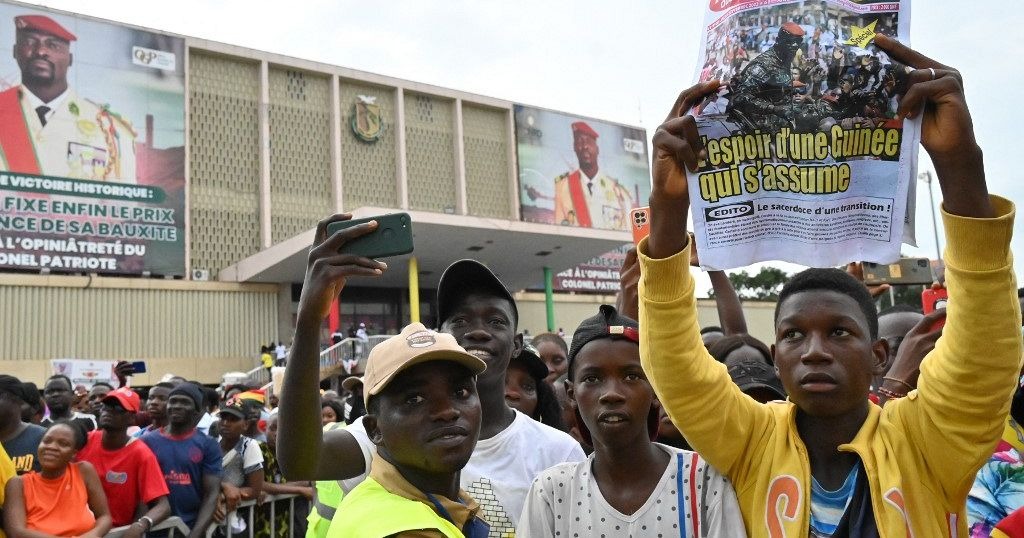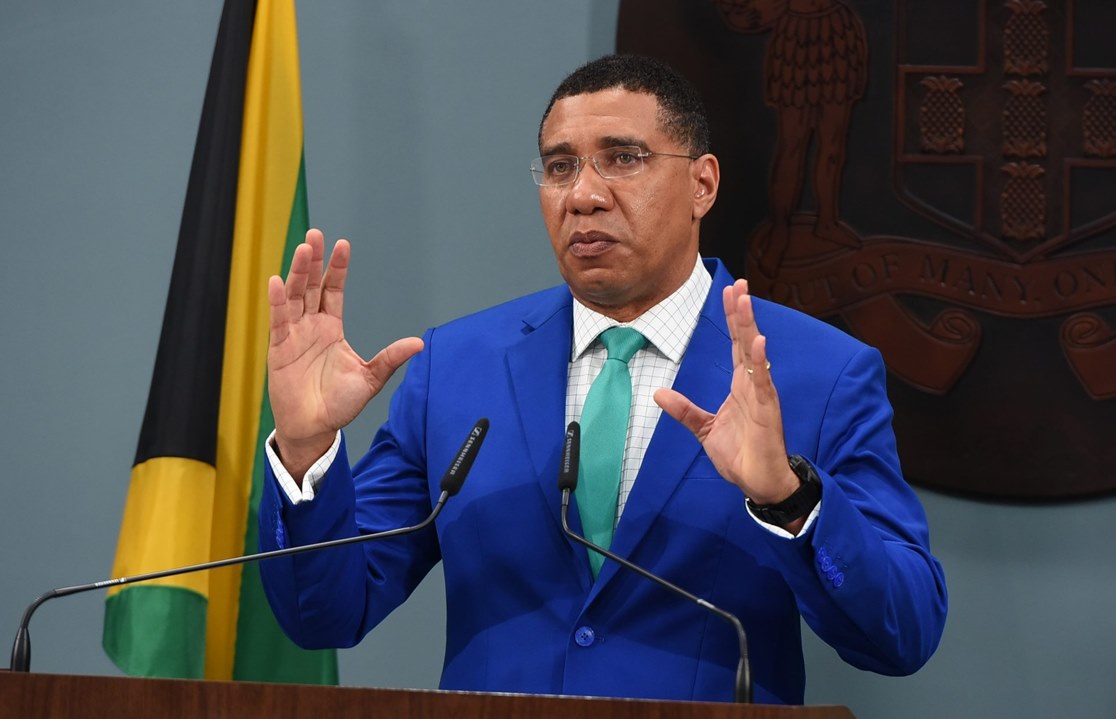In a disturbing turn of events, Guinean security forces apprehended a minimum of 12 journalists on Monday during a demonstration against censorship. Tear gas was deployed to disperse the protest, as confirmed by organisers and local media sources.
The Private Press Union of Guinea (SPPG) had organised a march in the capital city of Conakry, demanding that authorities lift the restrictions imposed on the popular news site Guinee Matin. Since August, the news site has only been accessible within Guinea using a Virtual Private Network (VPN). In response, Reporters Without Borders has created a mirror site to enable Guineans to access the news content from within the country.
The ruling junta, which seized power in September 2021, has not provided any explanation for the blockage of Guinee Matin. Despite the lack of transparency, the SPPG had planned to assemble at the port’s roundabout to voice their concerns. However, Abdouramane Diallo, an SPPG official, reported that mixed police and gendarmerie forces deployed tear gas against the demonstrators, resulting in minor injuries to one journalist.
Among the dozen journalists arrested was the secretary-general of the SPPG. Although they were released in the evening, they are expected to appear in court next week, according to their lawyer, Salifou Beavogui. The ruling junta has prohibited protests since 2022, further exacerbating the deteriorating situation for press freedom in Guinea.
Four press associations issued a joint statement condemning the unwarranted violence against the journalists and demanding their immediate and unconditional release. The statement also called upon the national and international community to take notice of the alarming decline in freedom of expression and democracy within Guinea.
The incident has drawn widespread condemnation from human rights organisations and media advocates, who are deeply concerned about the escalating suppression of journalists and the erosion of fundamental rights in Guinea. As calls for justice and the restoration of press freedom grow louder, the international community is urged to closely monitor the situation and exert pressure on the Guinean authorities to uphold democratic principles and protect the rights of journalists to report without fear of reprisal.
The clash between journalists and security forces highlights the urgent need for a robust and independent press that can hold those in power accountable, fostering a society built on transparency and freedom of expression. The fate of press freedom in Guinea now hangs in the balance as the world waits to see how this crackdown on journalists will unfold and what it signifies for the nation’s democratic future.



